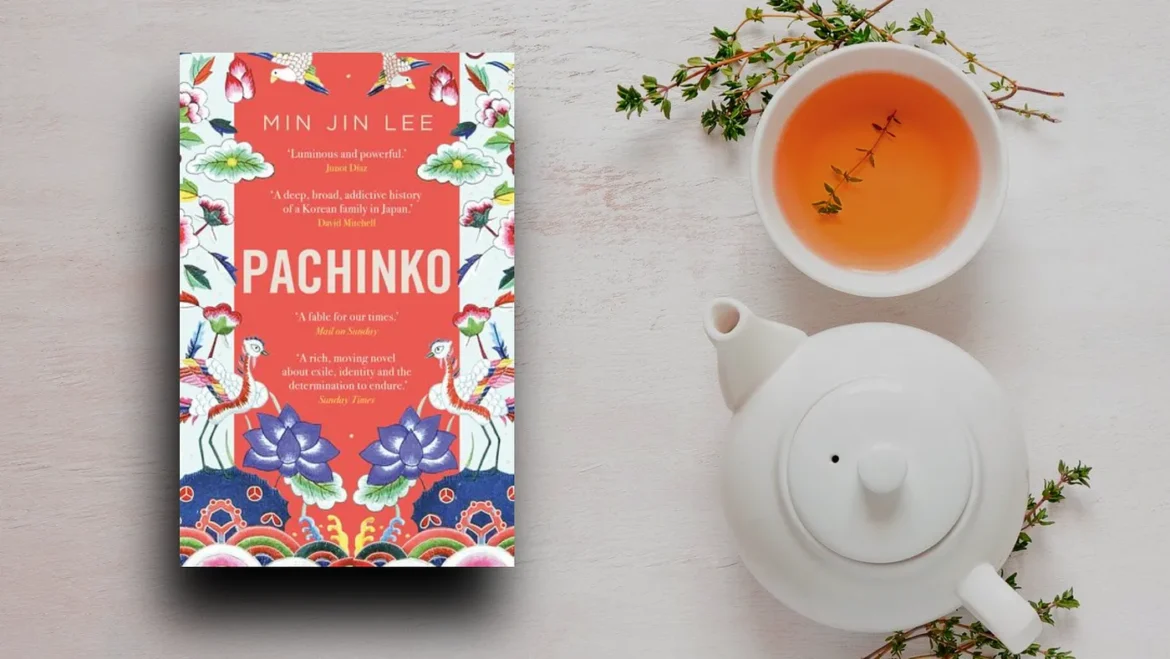I love historical fiction as a genre because it’s immediately transportive and provides my conscious a good excuse to not read an actual history book. Yes, it’s not the same thing but life is short, and can you blame me for finding a little joy in history-with-a-twist.
An ambitious multi-generational saga, Pachinko starts off in an island village in 1903 in Korea where a Hoonie and his wife earn their livelihood by hosting lodgers. When Hoonie dies, his teenage daughter Sunja continues to run the family business with her mother. An undertaking that becomes increasingly difficult under Japan annexed Korea.
A chance encounter with Hansu, a Korean businessman based in Japan, changes the fate of Sunja’s life forever. When Sunja finds herself pregnant with Hansu’s child, it’s revealed that he is a married man. To save face, Sunja marries Baek Isak, a sickly yet kind young minister who has been recovering from tuberculosis in their lodge. Together they travel to Japan for a new beginning.
Pachinko is the synthesis of the desperation, enterprise and prejudice that often dominates the immigrant experience — in this case of Koreans in Japan in the 1900s. In Hansu, we have the opportunistic, apolitical businessman who understands how the game is to be played. Sunja and her sister-in-law Kyunghee are the traditional, practical immigrants. Forever tied to their roots, hardworking and dream of returning home one day. In the next generation, there is both resentment and the fire to break apart from their ancestry. For Noa, having never known Korea, all he understands is it makes him different and less than others. He wants to escape his heritage and blend in completely. For Mozasu, it’s less complicated. He assimilates without the need to hide his heritage and builds great wealth.
“You want to see a very bad man? Make an ordinary man successful beyond his imagination. Let’s see how good he is when he can do whatever he wants.”
― Min Jin Lee, Pachinko
The pace of storytelling is relentless. You skip pages, years and even generations in a heartbeat. The first half of the novel is stronger, the other half feels rushed with a series of disconnected vignettes. Yet, in a world of homeless immigrants, Min Jin Lee has written a deeply relevant novel and the stories of Sunja and her family will stay with you.


